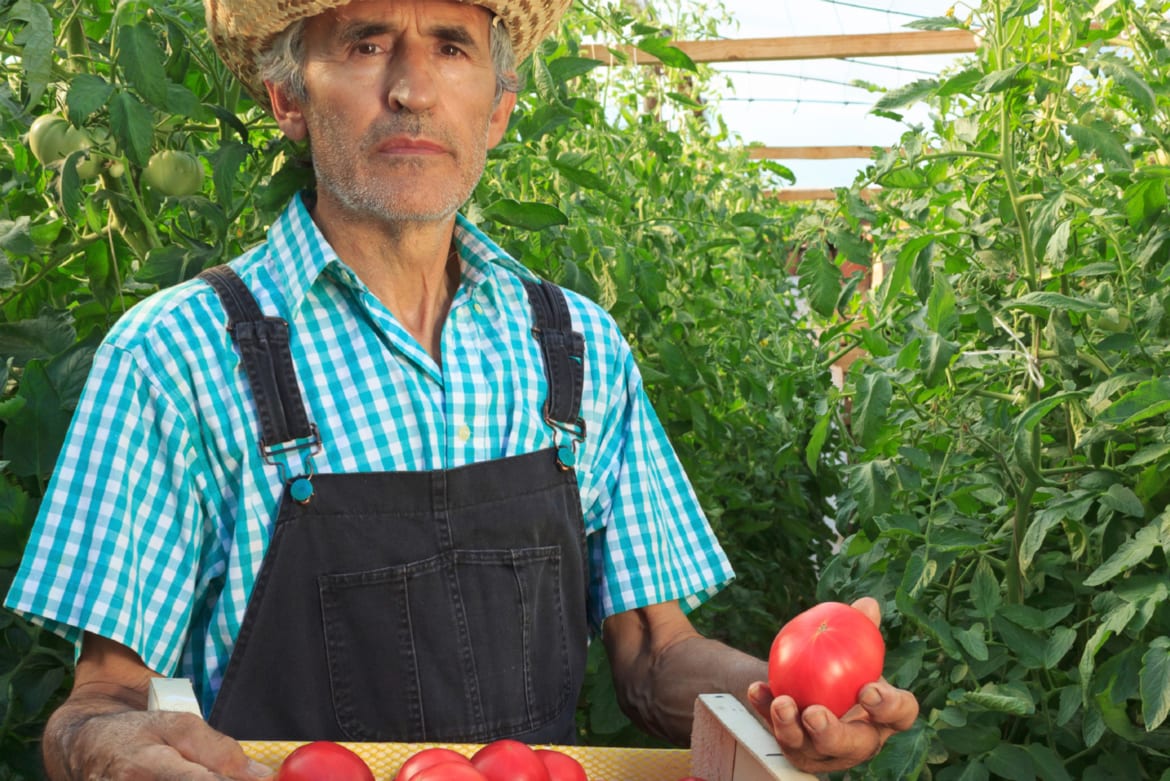 No escape from the poverty cycle
No escape from the poverty cycle
There’s no escaping the poverty cycle in the Moroccan tomato sector. Pickers earn around 5,60 euro a day. In order to earn a living wage they would have to earn three times as much.

The problem
Morocco is the top non-European supplier of tomatoes to Europe. Around 90% of Moroccan tomatoes are sent to Europe and are mainly sold in European supermarkets, such as Tesco, Sainsbury’s and Albert Heijn, from October to April. Most of these tomatoes are grown in the Souss-Massa-Drâa region, one of the poorest regions in Morocco. The agricultural sector is one of the most important work providers in the region and employs 70,000 workers, who are mainly women. These workers – who pick and pack hundreds of thousands of tons of tomatoes every year – perform their jobs under very poor labour conditions, earning only poverty wages.
The living wage and income for tomato pickers is far from enough to buy sufficient groceries, medication, or to provide education for their children. These working conditions condemn the Moroccan tomato workers to a life of poverty with no opportunities to escape the poverty cycle.
Our work
Fairfood believes that European supermarkets have both the responsibility and power to ensure living wages to workers in their supply chains. We have entered into a dialogue with several European supermarkets that are selling Moroccan tomatoes picked by workers who are paid poverty wages, pressuring them to ensure that Moroccan tomato farmers get what they are entitled to: a fair pay that meets living wage standards. In September 2014, we published a report about the living wage and income for tomato pickers in the Moroccan tomato sector.
Besides that, we work closely together with the local Moroccan labour union Fédération Nationale du Secteur Agricole (FNSA). Fairfood supports FNSA in educating and training workers to improve working conditions and increase living wages through capacity development training. In return, the FNSA engages with the key tomato producing companies and the Moroccan government, and bargains and campaigns for higher living wages at the bottom of the supply chain in Morocco. This partnership enables us to legitimately express the general concerns of tomato workers with a specific focus upon wages and ensure longer-term impact and success beyond Fairfood’s involvement following the completion of the project. In the report Creating positive change for workers in global food chains we look back on the partnership after three years.

